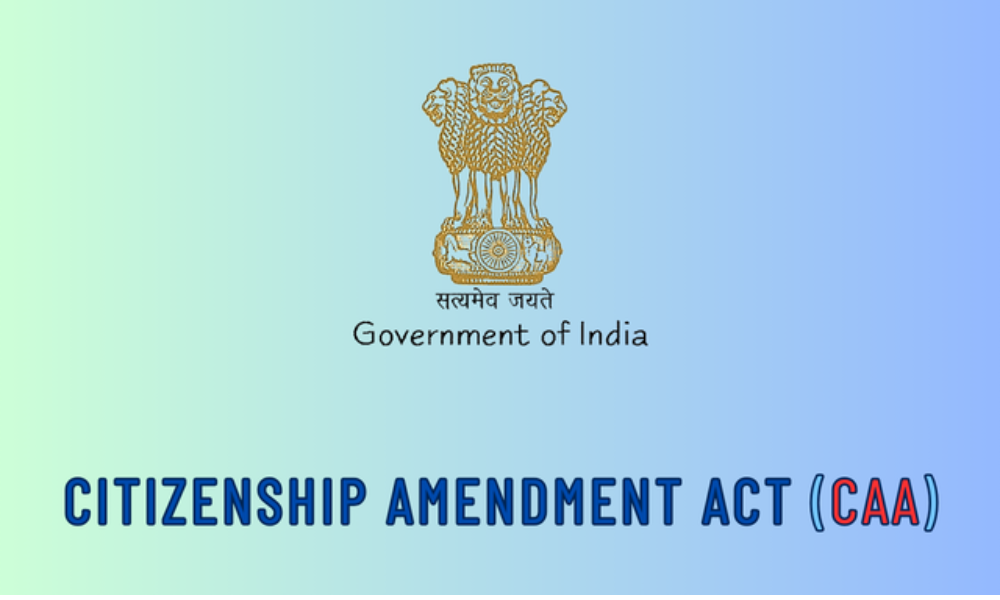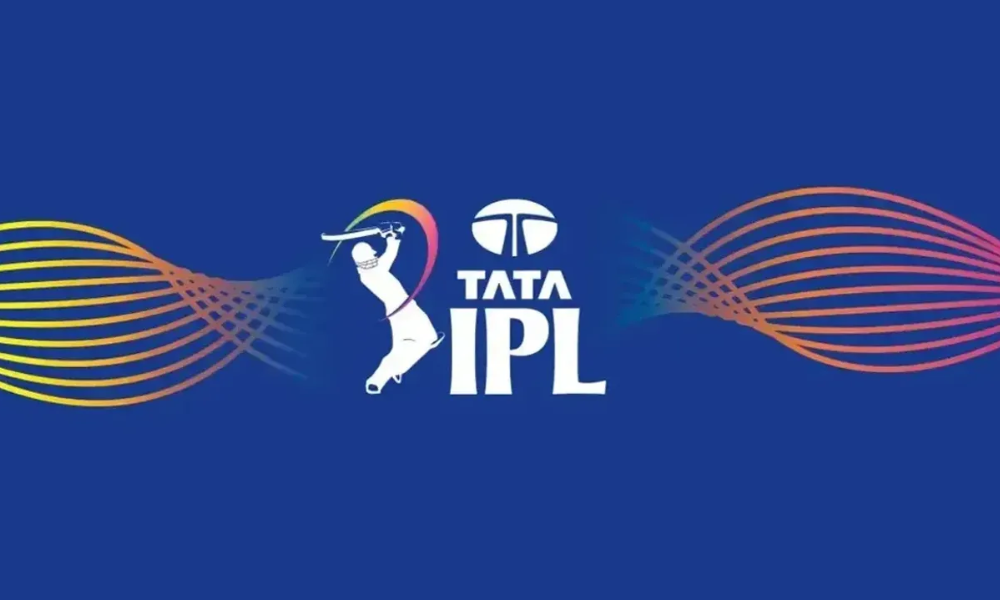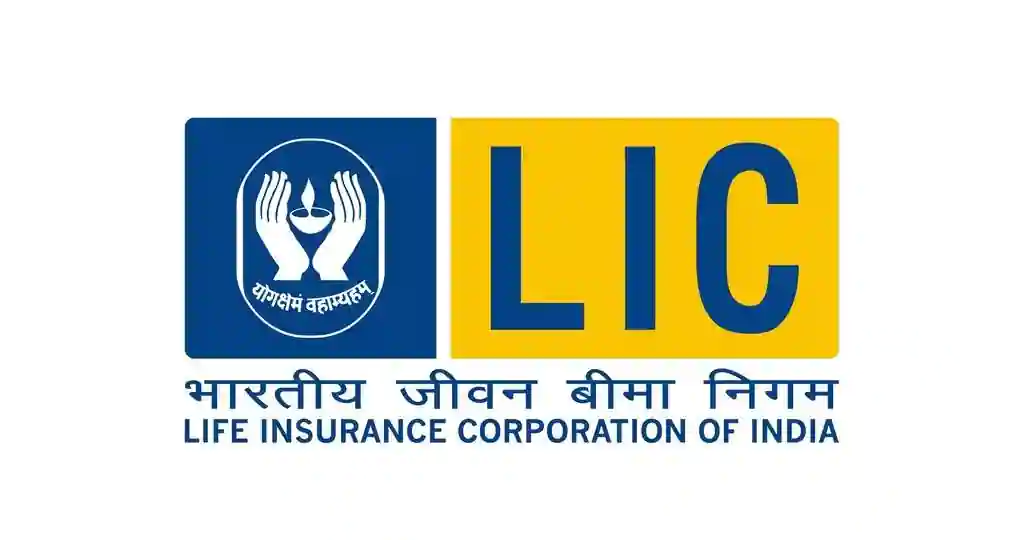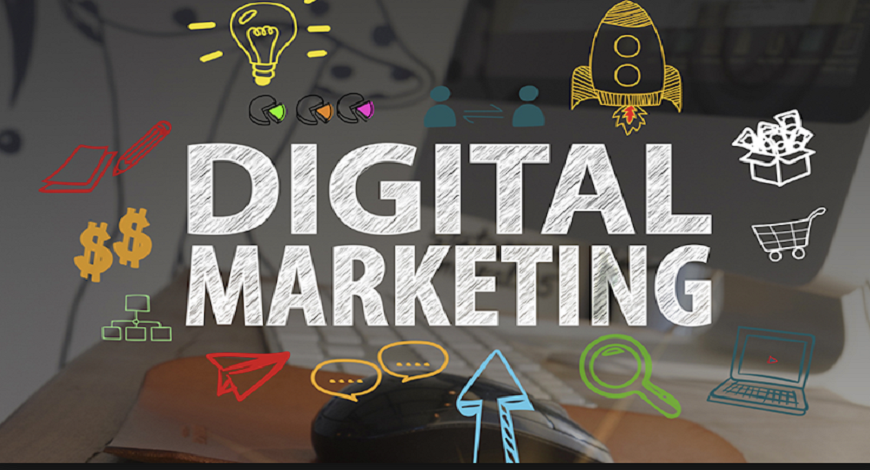Performance Marketing, Affiliate Marketing, Email Campaigns
To be on the cutting edge of marketing innovation, you need to invest in performance marketing. It allows for real-time ROI measurement and pushes marketing companies to constantly innovate and grow with their partnered organizations.
Successful performance marketing will create loyal companies, grow your business, and provide you with the best possible tools to achieve your goal.
How Performance Marketing Revolutionizes Advertising
Performance marketing campaigns revolutionize the relationship between clients and their hired performance marketers. It allows you to only pay when a specific action is completed or goal is reached in your performance marketing. Social media allows these meetings to be held online, streamlining the entire process.
The Process of Effective Marketing
The first step of the performance marketing process is to hire an online marketing manager. A good manager will outline well-structured content before diving deeper into the desired audience. They will also use excellent performance marketing tools in the process of sending out your content to social media. These tools include market research surveys and focus groups. Once the marketing strategy has been researched, planned, and implemented, it is critical to return to the content and optimize it.
Making the Most of Your Marketing Strategy
Optimization of your marketing strategy can only occur after the data surrounding it is measured. Measure the digital marketing strategy using social media and website analytics, along with other data, to determine the overall ROI. Then, optimize that strategy. There are four major ways to determine optimization of a marketing strategy.
Cost Per Order (CPO)
There are four major ways to determine optimization of a marketing strategy. The first is cost per order (CPO) performance marketing. This is the cost of a marketing strategy divided by the number of orders received for it. It allows the company to determine how much money was spent to gain one customer.
Cost Per Mille (CPM)
The next method is cost per mille (CPM) performance marketing. CPM is also known as cost per thousand. It specifically measures $1,000 marketing campaigns on websites. For example, if a website charges $3.00 CPM, that means it must pay $3.00 for every 1,000 views of its advertisement.
Cost Per Lead (CPL)
The third method is cost per lead (CPL) performance marketing. CPL is one type of a performance marketing pricing model. It creates a balance of responsibility between the advertiser and the publisher. In CPL, the advertiser only pays when a consumer directly signs up for their advertised product.
Cost Per Action (CPA)
The final method of performance marketing optimization is cost per action (CPA) performance marketing. In this strategy, an advertiser only pays when a potential customer performs a certain action. This means this strategy is low-risk for the advertiser.
Regardless of which optimization method you choose, it is crucial to reflect on your content and learn how to make it better.
How to Measure Market Performance
Set Clear Goals
Measuring the market performance of a digital strategy is key. Without it, companies will not know how effective their marketing strategy was, or how to improve it for future campaigns. The first step of any marketing strategy is to set clear goals. Without a defined framework in mind, your company will never be able to accurately measure the successes and failures of your marketing strategy, and the individual campaigns you use to achieve your end goal.
Identify Your KPIs
Digital marketing metrics are values used to measure the performance of a marketing strategy. Since many different tools are used in the creation of a marketing strategy, it is extremely helpful and efficient to use specific metrics when measuring your marketing campaign’s performance. Some of the most common metrics include brand awareness, returning visitors, click thru rate, web traffic sources, and cost per lead.
Key performance indicators (KPIs) are a sub-group of digital marketing metrics. KPIs are similar to metrics in that they are also used to measure your marketing campaign’s success. However, KPIs can be divided into four key groups: financial, sales, marketing, and project management. What KPIs you will use will depend on the goals you set for your strategy at the research and planning level. They may include sales indicators such as your monthly growth of sales, or financial indicators such as your current ratio and net profit margin.
Create Well-Written Reports
Another method of measurement is a digital marketing report. A well-written report can be used to prove, with the right data, that your marketing strategy has grown your targeted business outcome–such as an increase of sales for a certain product or an improved rate of returning customers. Be sure to answer these four critical questions when writing a digital marketing report: how much money are you spending, how many people are you reaching, how effective is your marketing, and how much money are you making back from the marketing expenses. Regular reporting will help keep your marketing goals on track.
Conduct a Digital Marketing Audit
You can also hold a digital marketing audit to check on all the practices and strategies you have used so far in your marketing, and what their outcomes have been. An audit is the perfect way to find your most successful strategies and web content to determine what is working and what is not. Everything from social media traffic, to web pages, to SEO can be examined in an audit. An audit helps you take stock of where you are now, and where you are headed.
Utilize a Performance Marketing Dashboard
A performance marketing dashboard can combine the key metrics you are using with your digital marketing reports to present an informative display of how your strategies are functioning. Dashboards allow your data to shine through an eye-catching display.
The Four Pillars of Successful Performance Marketing
Successful performance marketing needs a strong background of framework and research. There are four main pillars that make up a solid performance marketing framework. They are website traffic, website conversion, customer value, and tracking. A proper framework will help set your goals in place. Who do you want to reach, and what do you want them to do?
Creating a Detailed Performance Marketing Funnel
Once you have the framework, you need to use a performance marketing funnel. This funnel will take your marketing strategies and grow them. Initially, when the funnel is at its widest, you will simply want to make customers aware of you. Then, you will work to make them first-time customers, then recurring customers, and finally loyal patrons who will vouch for your company. Once you reach the tip of the funnel, you will have connected with your customers and hold a personal relationship with them. A good way to remember how the marketing funnel works is with the acronym AIDDA: awareness, interest, desire, action, advocacy.
Working Towards Your Goal
A digital marketing strategy will include many different steps and campaigns. Ultimately, though, it is created to work toward one main goal. The campaigns around it, whether they are through social media, email, or your own website, are simply steps taken to reach your final goal. When creating your strategy, do so with this mindset in place. It will keep you focused, and ensure the steps you take are deliberate.
Employing Key Tactics
Once your marketing strategy is in place, it is time for you to employ key tactics. These tactics will make your work stand out in a sea of similar strategies, and allow your target audience to easily locate your content. These key tactics include social media and email marketing, search engine marketing, and SEO writing. SEO is short for search engine optimization and uses a style of writing that utilizes the sorting techniques of search engines like Google to make your content more prominent in the searches of your target customers.
How to Utilize Performance Marketing Training
Performance marketing is an ever-growing market. This means new avenues for improvement are constantly opening up, and you should take advantage of them. They will keep you and your company at the forefront of marketing, and give you new strategies that will set you apart from your competitors. Several online courses are even free, such as Google’s marketing challenge and HubSpot Academy’s digital marketing course.
There are also books written on digital marketing, focusing on everything from AdWords, to blogging, to the basics of digital marketing itself. Although it can be helpful to own a physical copy of such advice, rather than just taking an online course, books like these can become outdated quickly. It is important to check the publication year of any digital marketing book to see if it is still relevant today.
Choosing the Perfect Advertising Agency
The digital marketing agency you choose to run your performance marketing can make or break your company. The wrong one will waste your money, distort your company’s voice, and damage the current and potential relationships your company has with its customers. Fortunately, there are several steps you can take to help choose your perfect performance marketing agency.
Know What You Need
First, know what your needs and budget are for your marketing campaign. The more specific and clear-cut your can be about your goals and needs, the less chance there is that the marketing agency will take unwanted liberties with your content or your money.
Look for Transparency and Credibility
Second, require complete transparency between you and your marketing agency. Keep a steady record of all communications, and speak with them frequently about their progress, questions, and roadblocks.
Next, make sure you examine their credibility level. Check their proclaimed experience and credibility, and cross-reference it with client reports of their work. Ask the company for reports of a deal that did not go well, to see what went wrong and how they handled it. Above all, make sure that all parties involved are authentic and telling the truth. Be sure to check their credited industry experience, if they have any. A good performance marketing agency will adapt their strategies and content to each unique client. A poor one will repeat the same techniques over and over. Also, be sure to consider not only the client and agency sides to this agreement. Look at the technical side, and see how the agency you’re considering utilizes it.
Build a Strong Relationship Foundation
Finally, ask yourself what you think of the people behind the marketing agency. Do you get along with them? Would you willingly choose to spend time with them? If the answer is no, you may want to consider a different agency. A good working relationship is ultimately dependent upon the people on both sides getting along.
Finding Your Most Effective Marketing Channel
When it comes to what channels to use for your performance marketing, social media has opened the doors for a plethora of new channels. Facebook, LinkedIn, and YouTube are all platforms to utilize.
Leverage the Use of Email Campaigns
Along with social media channels, email campaigns are another possible marketing strategy. A good email campaign will encourage action from your customers and increase sales. There are three main things you need to know for a great email campaign: your goals, your audience, and the types of emails. Create a plan that hones in on these three elements, and use the technology you have wisely.
Install an Affiliate Software
Before you choose a marketing channel, implement affiliate software. This type of software provides you with tracking. It also reports when desired actions are triggered, such as a click, sale, or registration. Affiliate software will work with whatever marketing channel you use, and give you the data you need to measure and report the success rate of your efforts.
Consider Native Advertising
Across all these possible channels, native advertising is another important baseline. Native advertising is a type of online advertising that mimics educational content already on your website. It draws the potential customer in through its use of what the customer already knows and likes.
Utilizing Performance Marketing at Its Best
In order to choose the right marketing channel for you, focus on the end goal. Work backwards from where you want your customer to end up, and see what channels best fit that journey. Additionally, try and see yourself from the buyer’s perspective. What do they want from you?
Source: Ronsela
Performance Marketing, Affiliate Marketing, Email Campaigns



































































































































































